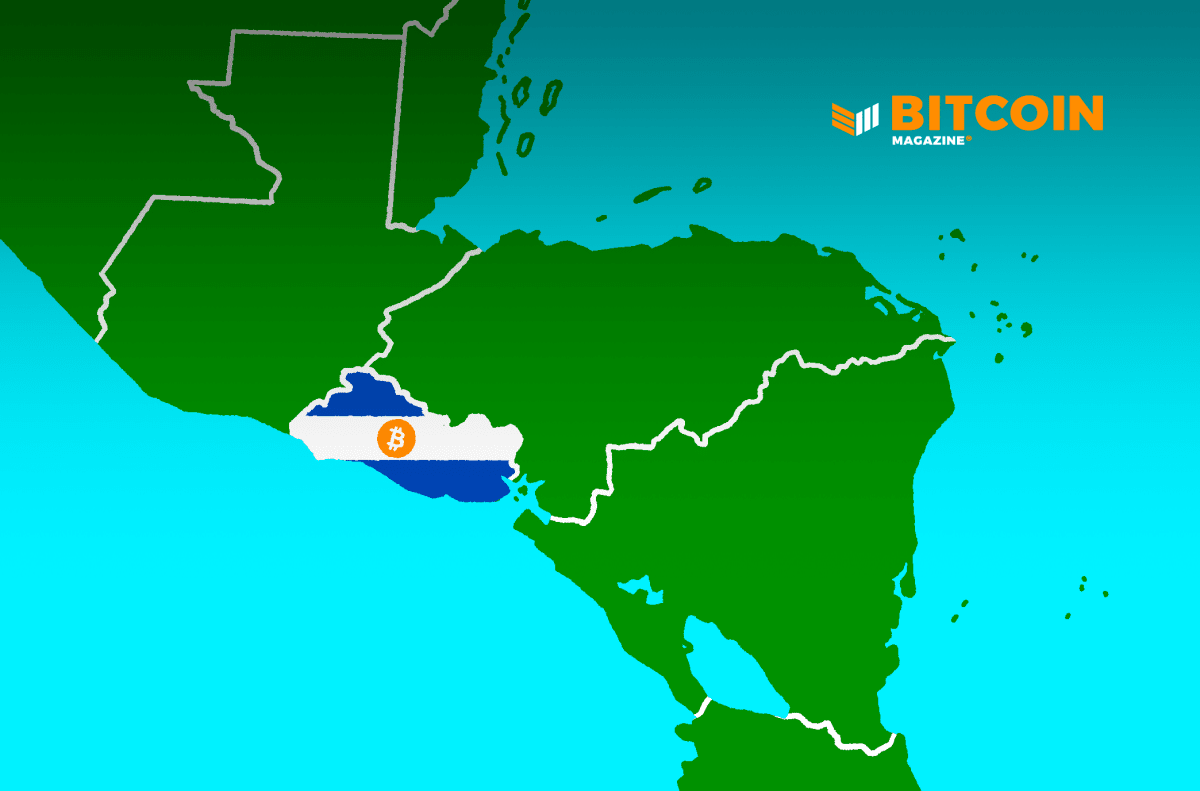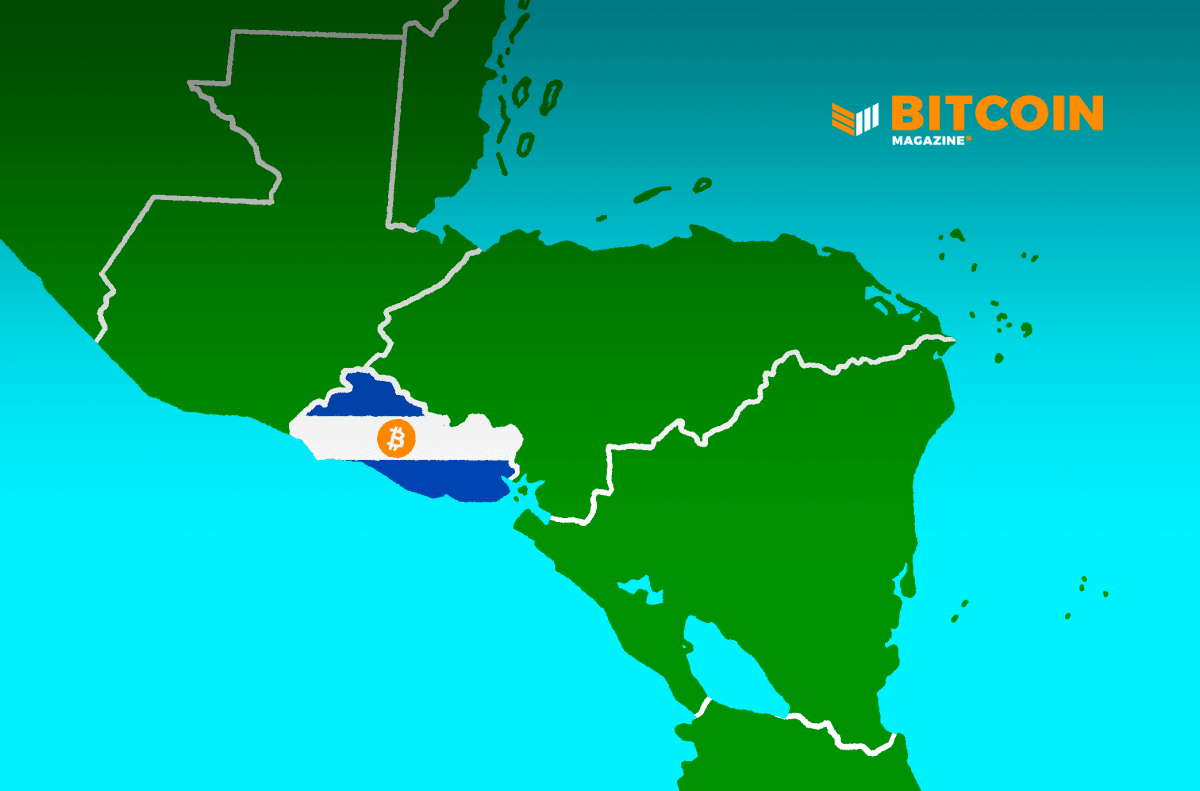[ad_1]

El Salvador’s focus on Bitcoin makes it a natural destination for a citizenship by investment (CBI) program, drawing more sovereign individuals.
This is an opinion editorial by Katie The Russian, CEO of Plan B Passport.
It’s been almost two years since the announcement that El Salvador would make bitcoin legal tender. Since then, the government of El Salvador, led by President Nayib Bukele, has taken many more steps to attract capital to the country — offering favorable tax policies, streamlining business regulations and generally developing a more positive reputation.
But can El Salvador go even further and launch a citizenship by investment (CBI) program?
For those who don’t know, a CBI program allows capitalism to be applied to a government service. In this case, individuals can donate or invest money in the nation’s economy and, in return, they receive a passport for that nation.
The Risks Of Running CBI Programs
El Salvador definitely has the legal authority to operate a CBI program, however, launching one can potentially open up a can of worms that it would have to deal with. While leading the way in the Bitcoin revolution has earned it the respect of Bitcoiners, some groups, such as the International Monetary Fund (IMF) and the World Bank, see El Salvador’s Bitcoin adoption as a threat and have publicly expressed their concerns. The same could be true for a CBI program.
El Salvador’s passport is already powerful, providing visa-free or visa-on-arrival access to about 150 countries, including the EU, the U.K., all of Latin America and most of Eastern Europe. However, all of these relationships could be at risk if a CBI program causes concerns within the countries that have treaties with El Salvador.
Pressure from political allies has pushed previously-popular investment migration options, such as those in Cyprus, Malta and Portugal, to re-think their offerings. As a result, these countries missed unique opportunities to serve as pioneers and create fully-integrated, customer-centric instruments.
What A CBI Program Could Mean For El Salvador
Now, El Salvador has the opportunity to completely disrupt the CBI market.
If done right, the country could become the preferred choice among wealthy migrants who view themselves as sovereign individuals. If done well, it also presents the opportunity to orange pill a great deal of high-net-worth individuals globally.
El Salvador stands to lead the way in a new era of citizen-government relationships, where citizens are treated as customers and governments are treated as service providers. And, luckily for El Salvador, this isn’t the first time a CBI program has been done. For instance, some Caribbean islands that are leading the CBI industry provide insightful data.
Based on some publicly-available information I’ve accessed and my personal experience in the industry, the combined revenue from the CBI programs of Antigua and Barbuda, Dominica, Grenada, Saint Kitts and Nevis, and Saint Lucia contributed about $2.5 billion for the region in 2022 alone.
It is worth mentioning that the populations of all of those islands combined is only 10% of the population of El Salvador.
A similar CBI revenue would add more than 7% to El Salvador’s GDP.
But would there be demand for such a program, coming from a Latin American country?
At Plan B Passport, we have seen a large amount of requests about this specific jurisdiction, which is not a surprise, considering that we cater specifically to Bitcoiners and that there are multiple factors that bring this community’s attention to El Salvador.
Of course, the tax regime and regulatory environments for businesses are a top priority, however, a country’s political stance plays a huge role in a Bitcoiners’ decision making process as well.
El Salvador is perfectly positioned across all of these factors and its president is boldly taking a stance against the World Economic Forum’s (WEF’s) 2030 agenda of “you will own nothing and be happy.” The geographical location of El Salvador is also increasing the value of its passport. Unlike the Caribbeans, it’s not an island and it allows access by land while also allowing access by water.
What Should El Salvador’s CBI Program Look Like?
If the program is implemented correctly, El Salvador will win a lot of business over the Caribbean CBI options. Considering the similarities between the power of El Salvador’s passport and the countries where CBI programs currently exist, it would make sense to establish the pricing close to what the market currently offers.
To give you some examples:
- Saint Kitts currently requires a $125,000 donation for a single applicant, or a $200,000 investment for government-approved properties, or a $400,000 investment into any real estate.
- Saint Lucia requires a $100,000 donation for a single applicant.
And let me clarify: Families that apply together do not have to donate that amount per each family member, but rather, the main applicant applies with dependents.
As a CBI service provider, we’ve noticed there are many roadblocks that clients run into. Solving those would benefit El Salvador’s CBI in favor of existing CBIs.
Proof Of Funds
Leading the way in transitioning from traditional finance toward a better monetary system, El Salvador can offer the first CBI program to officially accept self-custodied bitcoin holdings as proof of funds. This can be done easily with a “signing a message” process to confirm ownership of BTC conducted by the applicant, but I have yet to succeed in explaining it to Caribbean CBI representatives.
Payment Method
El Salvador can also be the first jurisdiction to accept bitcoin directly for donation and bond investment options. Currently, CBI applicants have to utilize traditional financial assets to transfer funds. Some jurisdictions allow intermediaries, however, it will cost an applicant 5% conversion fees.
We ran a poll within Plan B passport email subscribers and got some interesting data around this. When it comes to payment methods, our audience indicated the following preferences:
- USDT: 6%
- USD (via bank transfer): 9%
- BTC: 37%
- Any: 48%
We also asked what investment options the audience would want to see:
- Real estate investment: 39%
- Volcano bond: 42%
- Non-refundable donation: 19%
Additional Investment Options
Of course, we’ve already heard about the volcano bonds, which would be the first bitcoin-denominated bond option to ever exist. Also, seeing Bukele make moves toward incentivizing tech companies to headquarter and incorporate in El Salvador reminds us of Armenia’s “golden visa,” and this definitely puts the right motivations in place for investors.
For example, Armenia grants a golden visa to those who establish an IT business with a $1,000,000 capitalization or establish a venture capital firm with $80,000,000 in assets.
El Salvador could direct capital toward innovation by implementing such options into a CBI program.
A CBI Program In Bitcoin Country
Bitcoin enthusiasts also see CBI programs as ways to bring power back to the individual. These programs are seen as a form of pure capitalism applied to government services, allowing individuals to choose their “state service provider” based on the price and services offered, and take their funds with them. With competition between nation states for capital and talent on the rise, the mobility of capital and people has the potential to transform the way we think about citizenship and national identity, and CBI programs may be at the forefront of this transformation.
Allow me to remind you that throughout 2021 to 2023, El Salvador’s government continuously purchased bitcoin and put it on the country’s balance sheet and, as of July 2022, it was holding 2,381 bitcoin. Launching the CBI program could be yet another opportunity for the country to acquire more bitcoin.
While a CBI program could be a productive move for El Salvador, it is not without risks. However, with a powerful passport, favorable tax policies, a positive reputation and support from Bitcoin enthusiasts, El Salvador is well positioned to attract foreign investment and talent. If done correctly, a CBI program could be the next step in its transformation, bringing power back to the individual and changing the way we think about citizenship and national identity.
This is a guest post by Katie The Russian. Opinions expressed are entirely their own and do not necessarily reflect those of BTC Inc or Bitcoin Magazine.
[ad_2]
Source link
My NEO Group:
– White paper My NEO Group: https://myneo.org
– Discover NEO X: https://docs.myneo.org/products/in-development/neo-x
– Disccover NEO Dash: https://myneodash.com
– Discover Banca NEO: https://bancaneo.org
– Interview of the CEO of My NEO Group, Mickael Mosse, in Forbes: https://forbesbaltics.com/en/money/article/mickael-mosse-affirms-commitment-to-redefining-online-banking-with-bancaneo






